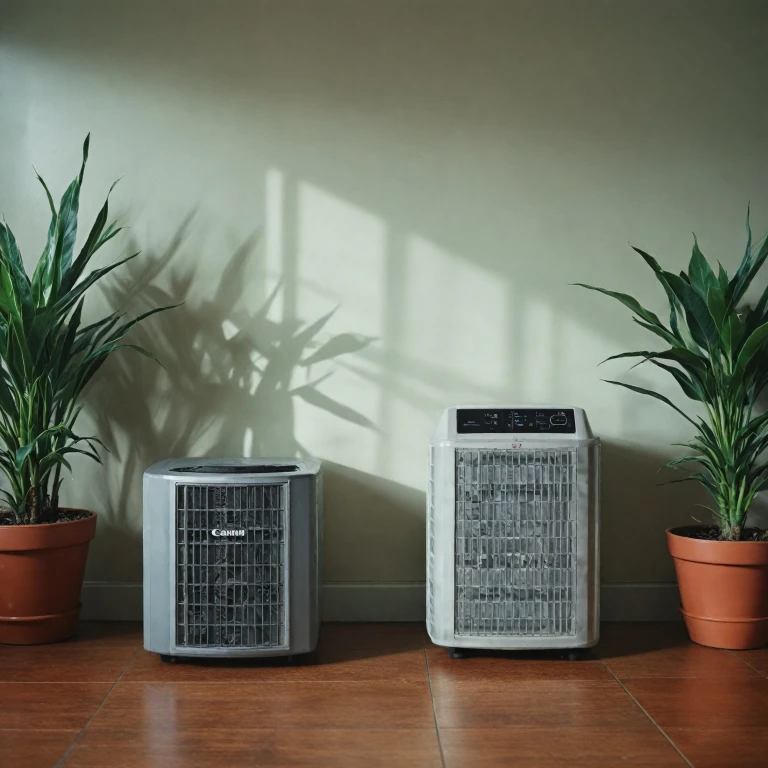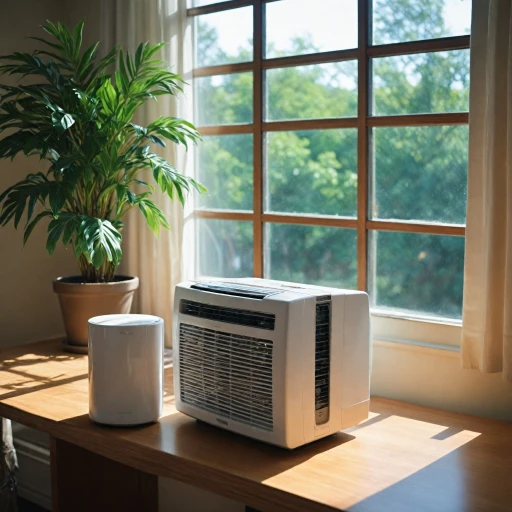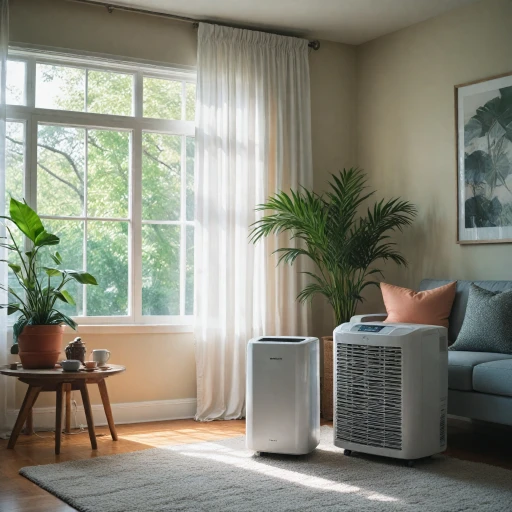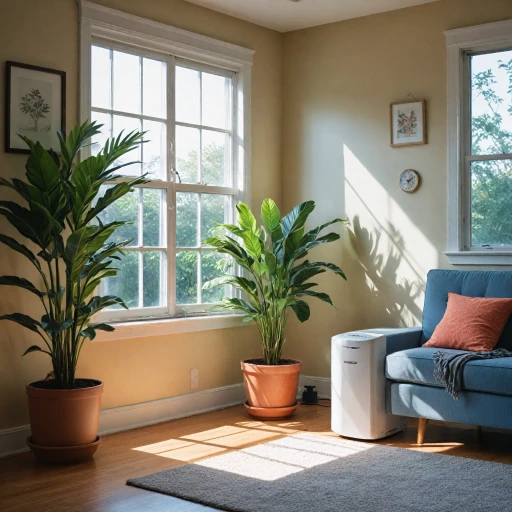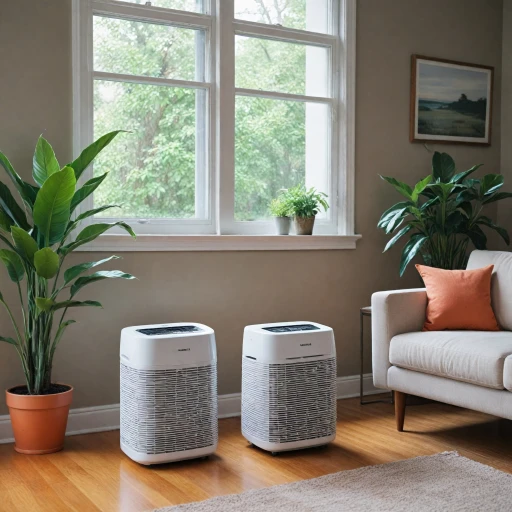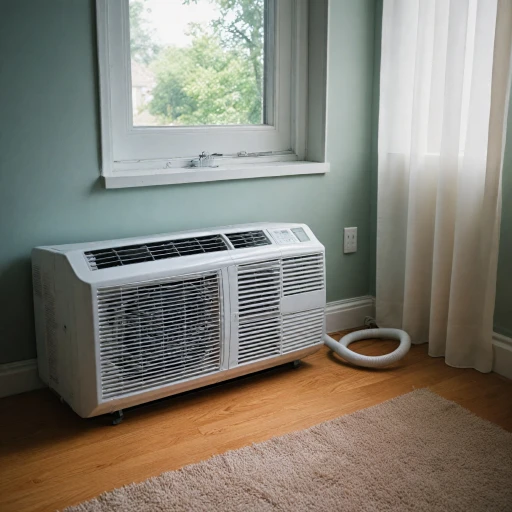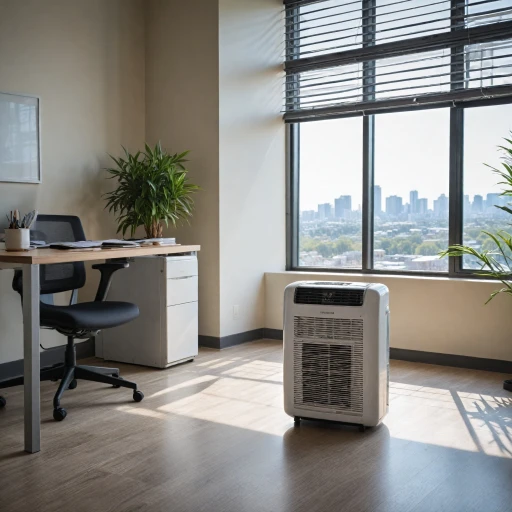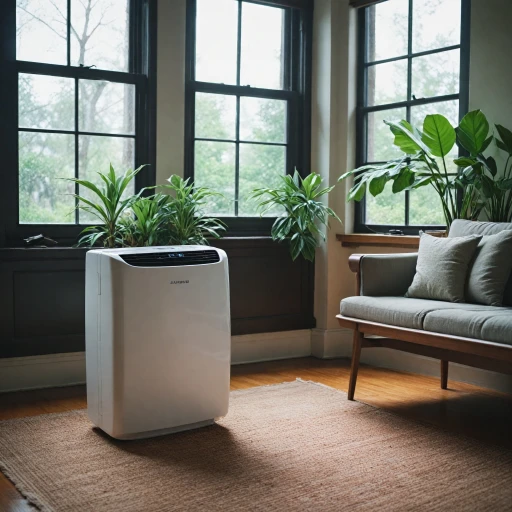
Why Cable Gauge Matters for Portable Air Conditioners
The Importance of Choosing the Correct Cable Gauge
When it comes to operating portable air conditioners, understanding the necessity of selecting the correct cable gauge is critical for ensuring optimal performance and safety. Just like any other electrical appliance, portable air conditioners rely heavily on a reliable power supply, which means the cable gauge—or wire size—is instrumental in effectively managing the electrical current. Choosing the right wire gauge is not just about matching the size of the cord to the amps current your unit requires; it also involves accommodating the voltage, current carrying capacity, and the power needs of your air conditioner. A misjudged cable size can lead to potential voltage drop issues, adversely affecting the performance of your unit. Notably, using extension cords for portable air conditioners can further complicate the matter. Many homeowners opt for these due to the convenience of placement flexibility; however, if the extension cord isn’t rated for the specific BTU portable unit or lacks heavy-duty specs, it may result in a dangerous scenario where the cord could overheat. Moreover, portable air conditioners, specifically those integrated with solar power systems, have unique considerations. These systems often demand even more precision in cable selection due to varying voltage and current requirements. In instances where extensions are used, selecting cords with the appropriate amps AWG rating is vital to prevent power supply issues or tripping the circuit breaker, which can disrupt the cooling process. Considering these factors, it's evident why assessing cable needs based on their voltage, wattage, and the overall load is crucial. The durability and performance of your portable air conditioner are significantly reliant on this choice, making it a cornerstone of safe and efficient operation. For a deeper dive into understanding the role of r134a in portable air conditioners, check the related resources.Factors Influencing Cable Gauge Selection
Factors That Decide Which Cable Gauge to Use
Choosing the appropriate cable gauge for your portable air conditioner involves several key considerations that impact performance and safety. It's crucial to understand these factors to ensure your unit operates efficiently without risk.
- Power needs of the air conditioner: Different air conditioners have varied power requirements, often measured in BTU (British Thermal Units). A higher BTU rating means the unit will draw more watts and subsequently require a cable with a higher current carrying capacity to handle the increased electrical load.
- Wattage and current draw: Understanding the wattage your air conditioner draws helps in determining the correct wire gauge. The appliance's amps rating and its voltage requirements will guide you in picking a cable gauge that suits its power supply needs.
- Length of the cord: The longer the extension cord or cable, the more you need to consider voltage drop. A drop in voltage can lead to inefficient operation and potential damage. Using a heavier duty wire with adequate AWG (American Wire Gauge) helps you mitigate these risks.
- Safety due to environmental factors: If the cable will be running through areas sensitive to heat or moisture, you need to choose a cable that offers the right insulation. Selecting the correct cable gauge ensures it can handle the conditions without overheating or failing.
- Compatibility with existing power infrastructure: Ensure the chosen cable gauge harmonizes with your home's circuit breaker and overall electrical setup. Incorrect pairings can lead to voltage instability and compromised electrical safety.
- Consideration for energy sources: If you're utilizing solar power, ensuring that your wire supports this alternative energy source is vital. Solar power systems often demand specific configurations to sustain efficient energy flow.
By giving attention to these factors, you significantly enhance the safe and efficient operation of your portable air conditioner. Take the time to assess your unit's requirements and choose the cables that best meet those needs.
Common Cable Gauge Sizes for Portable Air Conditioners
Understanding Common Wire Sizes
When it comes to hooking up your portable air conditioner, choosing the proper wire size is critical for ensuring efficient operation and minimizing the risks associated with improper electrical connections. Several commonly used wire sizes are suitable for portable air conditioners, with each providing various capacity benefits.
A standard choice is the 12 AWG wire, which is known for its ability to carry more power safely, making it suitable for robust portable air conditioners that may draw higher currents. On the other hand, lighter models may operate effectively with a 14 AWG wire, which is more flexible and easier to handle.
In some cases, particularly with units requiring higher energy input due to their BTU rating or for specific power supply setups like solar power air conditioners, a thicker 10 AWG wire might be necessary, offering extra safety margin and capacity. This wire size is generally recommended when you're running extensive extension cords to minimize voltage drop and ensure steady power delivery.
For context, the current carrying capacity or the 'amps current' that a wire size can handle increases with wire thickness. In high-demand situations, heavier duty cords are essential to prevent overheating and potential damage to your portable air conditioner. It’s crucial to pair the correct wire size with your unit's power requirements to safely support its amps and ensure unwavering efficiency.
By grasping the significance of choosing the right wire size, you enhance the functionality and safety of your portable air conditioning unit, avoiding the pitfalls of circuit breaker trips while optimizing the appliance's cooling capacity.
Safety Considerations When Choosing a Cable Gauge
Ensuring a Safe Connection
When determining the right cable gauge for your portable air conditioner, safety should be a top priority. A properly sized wire ensures that the electrical current flows without excessive heat build-up, which can lead to dangerous situations such as a short circuit or an electrical fire. The gauge of a wire refers to its thickness, which directly influences its current carrying capacity. Selecting an adequate wire size is essential for safely running your portable air conditioner, especially when dealing with high watt units. Portable air conditioners often draw significant power, and using an undersized wire can cause voltage drops, reducing the unit's efficiency and potentially damaging its components.The Role of Circuit Breakers
A crucial component of ensuring safety is the proper integration of circuit breakers. These devices automatically interrupt the electrical flow when the current exceeds a safe level. Using a circuit breaker that matches the amps current rating of your wire and air conditioner is vital to prevent overheating and potential hazards. Whether you're using a heavy duty extension cord or directly connecting to a power outlet, it is important to check the specification of your portable air conditioner's power supply. Understanding the air conditioner's BTU rating—like a 15,000 BTU portable unit—can help assess the power and amps requirements, aiding in selecting the appropriate wire gauge and ensuring the circuit breaker is correctly rated.Consideration for Different Power Sources
While traditional wall outlets are common, some users might power their air conditioners with alternative sources such as solar power. Solar systems generally involve voltage and current variables that differ from standard electrical outlets. This means that selecting the right wire gauge under solar conditions requires additional careful calculations to accommodate the fluctuations in current and voltage. Ultimately, taking into account the size, power, wire, amps, and voltage requirements of your air conditioning unit will substantially mitigate risks and prolong the lifespan of your appliance. Prioritizing these safety considerations when choosing a cable gauge ensures optimal operation and contributes to maintaining a cool, safe environment.How to Determine the Right Cable Gauge for Your Unit
Steps to Identify the Appropriate Wire Gauge
Selecting the correct wire gauge is crucial for your portable air conditioner’s efficiency and safety. If the wire gauge is too small, it can result in a voltage drop, reducing the power supply to your unit and potentially causing damage or inefficiency. Assess the Electrical Specifications- Determine the unit’s power consumption, typically mentioned in BTUs or watts. Knowing the watts your air conditioner draws helps calculate the appropriate wire size.
- Check the current rating in amps. Portable air conditioners will have an amps rating essential for figuring out the correct wire.
- Consider the voltage at which the unit operates, whether it's 115 volts or 230 volts. This affects both the wire size and the amperage draw.
- Utilize a wire gauge chart to match the amps to the correct American Wire Gauge (awg). More amps require a smaller awg number, which means a thicker wire.
- Remember, a wire's current carrying capacity must align with the air conditioner’s needs to avoid overheating.
- Consider whether you'll be using an extension cord. The longer the cable or cord, the more potential there is for voltage drop. Always choose heavy duty extension cords designed to handle your unit’s amperage.
- For solar power systems, additional attention is needed as the solar panel’s power output may influence the wire gauge.
- When in doubt, it's best to err on the side of caution by opting for a size larger than initially planned. It accommodates any future power needs if you decide to use a larger air conditioner or if the appliance requires more power due to extended running periods.
Expert Tips for Maintaining Your Portable Air Conditioner
Maximizing Efficiency and Ensuring Safety for Your Portable Unit
Keeping your portable air conditioner in top-notch condition doesn't only involve understanding cable gauge selection and safety considerations. Regular maintenance and thoughtful practices can extend its lifespan and improve performance. Here are some tips for maintaining your portable air conditioner efficiently:- Regular Cleaning: Dust and dirt can accumulate on filters and within the unit, impacting airflow and performance. Ensure you clean the filters periodically and wipe down the exterior.
- Monitor Amps and Voltage: Always ensure your unit has the correct power supply. Double-check that your extension cord and circuitry match the unit's voltage and amps requirements to prevent voltage drop and overheating.
- Avoid Overloading: Prevent overloading the circuit by checking the unit's BTU capacity and ensuring it is adequate for the room size. Using an extension cord that's heavy duty can also help manage the load effectively.
- Check for Power Fluctuations: Be mindful of current oscillations or circuit breaker trips, which can be indicative of power supply issues or incompatible amps carrying wires.
- Optimize Location: Place your unit in a location where it can efficiently circulate air without obstruction. This can enhance its cooling capability while reducing power consumption.
- Utilize Solar Options: If feasible, consider using solar power to supplement your unit's energy needs, thereby cutting down on electricity costs while being eco-friendly.
- Professional Servicing: Even with careful maintenance, it's advisable to have your air conditioner checked by a professional yearly. They can identify potential issues and ensure that all components, including wires, are intact and safe.

